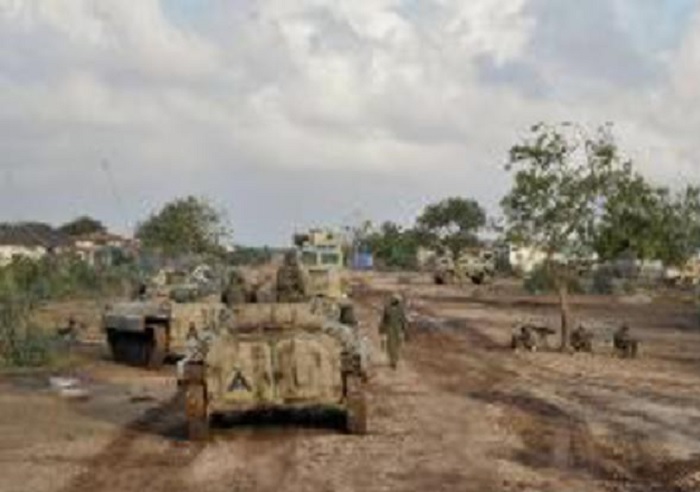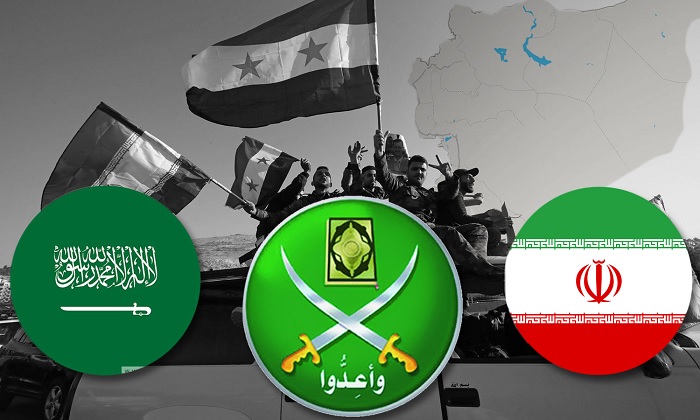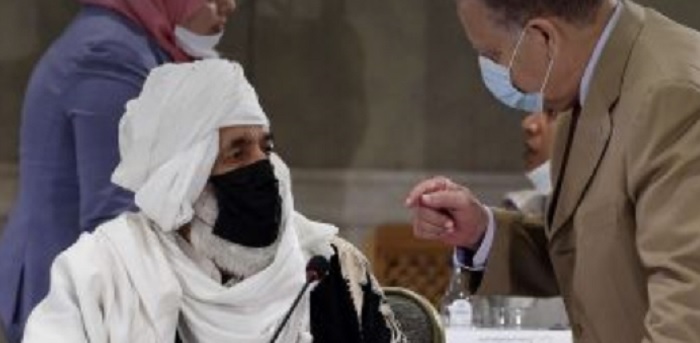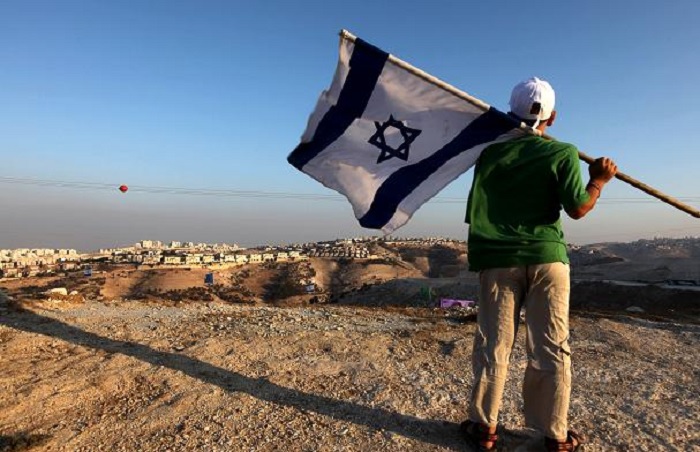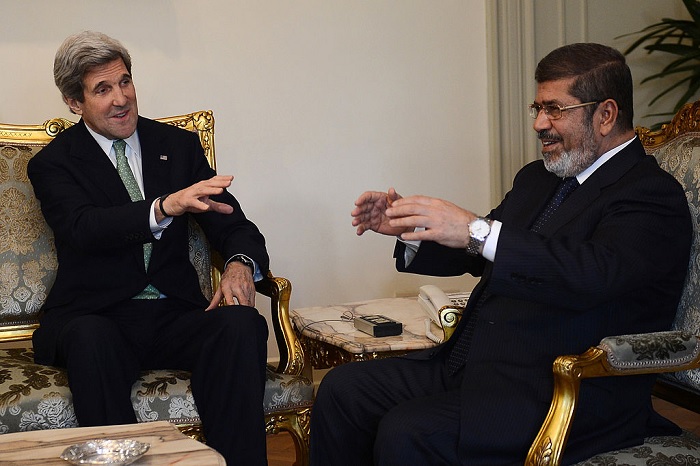Mali: Libération des otages au Sahel: 24 milliards de FCFA de rançon payée entre 2003 à 2020
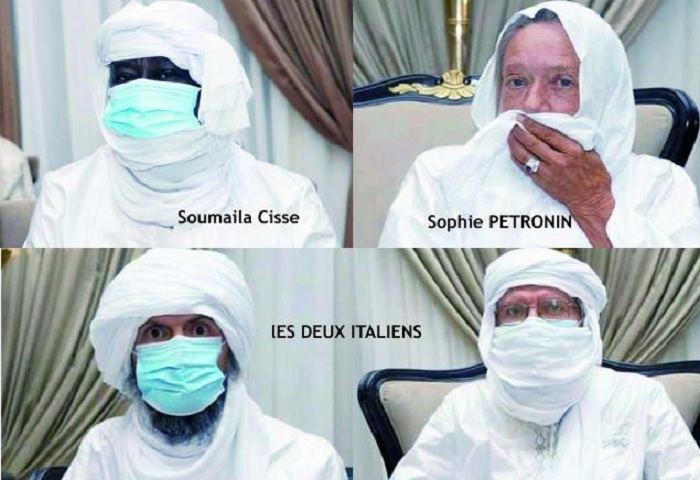
Le bimensuel la Lettre confidentielle du Mali, en collaboration avec Caïlcédrat GROUP Think Tank indépendant et panafricain, a organisé, hier jeudi, deux panels sur le Sahel. Il ressort des interventions qu’environ 80 personnes ont été faites prisonnières par des groupes terroristes entre 2003 et 2020 dans le Sahel. Contre leur libération, plus de 24 milliards de FCFA auraient été payés comme rançon. Une manne qui contribue d’ailleurs à alimenter le réseau terroriste.

